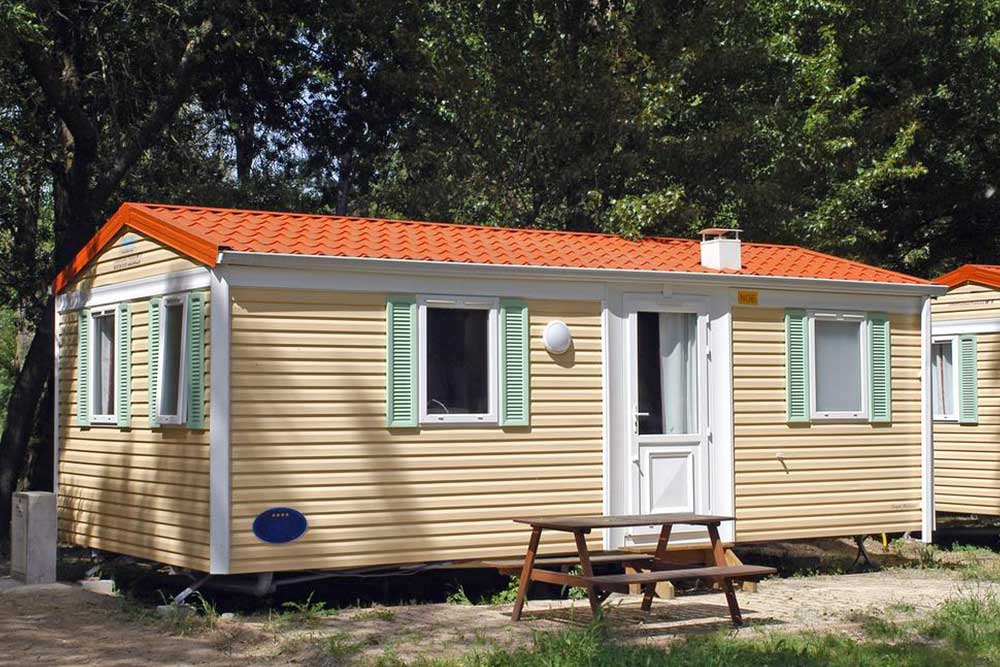Comprehensive Guide to Housing Choice Vouchers: Eligibility, Application Process, and Benefits
This comprehensive guide explains the Housing Choice Voucher Program, detailing eligibility criteria, application procedures, and available resources. Designed to assist low-income families, seniors, and disabled individuals, the program helps provide safe and affordable rental housing, promoting stability and community well-being across the United States. Learn how to qualify, apply, and access emergency housing vouchers to secure a better future.

Comprehensive Guide to Housing Choice Vouchers: Eligibility, Application Process, and Benefits
Housing affordability remains a significant concern for countless low-income families, seniors, and individuals with special needs across the United States. To address this challenge, the federal government has established the Housing Choice Voucher Program, commonly known as Section 8. This initiative is designed to offer safe, quality, and affordable rental housing options, ensuring that vulnerable populations have access to stable living conditions. Managed by local public housing agencies (PHAs), the program distributes funds and resources that facilitate housing access, often transforming lives and strengthening communities.
The Housing Choice Voucher Program is a cornerstone of federal efforts to combat housing insecurity. It provides critical financial support, allowing recipients to choose suitable rental homes such as apartments, townhouses, mobile homes, and single-family houses, matching their specific needs and circumstances. This comprehensive guide delves into how the program works, who qualifies, the application process, and additional resources available to applicants.
The Housing Choice Voucher Program is funded predominantly by the U.S. Department of Housing and Urban Development (HUD). The program operates through a network of approximately 2,200 public housing agencies (PHAs) spread across the nation, collectively assisting over 2.3 million families and about 5 million individuals with rental subsidies. These vouchers serve as a vital lifeline for those facing financial hardships, enabling them to find housing that they can afford and enjoy a better quality of life.
Applicants interested in obtaining a housing voucher can submit their applications either online via the PHA's official portal or in person at the local PHA office. Once their application is approved, they gain the ability to seek out rental properties that meet specific standards. The vouchers cover part or all of the rent, depending on the applicant’s income level and other factors. When only partial rent is paid by the voucher, the remaining amount is paid directly to the landlord by the PHA, ensuring landlords receive steady income. Applicants generally have a window of 60 days to find suitable housing—although extensions might be granted under specific circumstances—giving them ample time to secure appropriate accommodation within the program guidelines.
Housing providers must adhere to federal quality standards to maintain eligibility within the program. These standards include ensuring that units are safe, environmentally healthy, and reasonably priced compared to local market rates. Landlords must also agree to certain lease conditions and rent limits, which are regulated to prevent overcharging.
Eligibility Criteria for Housing Vouchers
The program has specific eligibility requirements designed to prioritize those most in need. Here are the seven key criteria that determine whether an individual or household qualifies for a housing voucher:
Income Limits: The household's total income must be below 50% of the median income for the area. Larger households may have higher income thresholds, allowing more generous earning limits while still qualifying for assistance.
Disability Status: Households with verified disabilities tend to be prioritized, recognizing their additional challenges in securing stable housing.
Citizenship and Immigration Status: Applicants must be U.S. citizens or possess eligible immigration status to qualify for the program.
Criminal Background: Background checks review previous criminal history. Past convictions, particularly those related to violence or drug offenses, can result in denial of the voucher.
Eviction History: Landlord references are necessary to assess whether the applicant has a history of paying rent on time and maintaining the property well.
Residency Requirements: Applicants usually need to reside within the jurisdiction of the local PHA issuing the voucher to be eligible.
Household Composition and Needs: Factors such as household size, composition, and specific needs influence eligibility, ensuring targeted assistance to those who need it most.
Application and Approval Process
Applying for a housing voucher involves several steps, beginning with contacting the local PHA. Applicants should prepare supporting documentation such as proof of income, rental history, citizenship or immigration documentation, and personal identification. The application process can vary significantly from one location to another, depending on the demand and resources of each PHA.
The review process involves eligibility verification and a lottery or priority-based selection if applications exceed available vouchers. Due to high demand, some applicants, particularly those with urgent housing needs such as homelessness or disability, may receive priority. The approval process can take anywhere from several weeks to several months, so patience and consistent follow-up are essential.
Applicants should regularly check their application status and be ready to provide additional documents or information if requested. Once approved, recipients are informed of their voucher amount and the steps to find suitable rental units within their allotted timeframe.
Special Provisions: Emergency Housing Vouchers
In urgent situations, HUD may allocate special emergency vouchers to help those at imminent risk of homelessness or fleeing violence. These vouchers provide more flexible options and allow recipients to rent anywhere in the country without local zoning restrictions, facilitating rapid access to safe and secure housing during crises.
Individuals facing homelessness, experiencing domestic violence, or fleeing unsafe environments are encouraged to contact their local PHA immediately to discuss eligibility and available emergency assistance programs.
Emergency housing vouchers serve as a critical resource to ensure immediate stability during unforeseen circumstances, reinforcing the federal government's commitment to protecting vulnerable populations.
In conclusion, the Housing Choice Voucher Program represents a vital component of shared efforts toward affordable housing. It provides essential support, giving countless families access to safe, decent, and affordable homes. Understanding the eligibility requirements and application procedures can help eligible individuals and families navigate the process effectively, ultimately leading them toward greater stability and improved quality of life.





